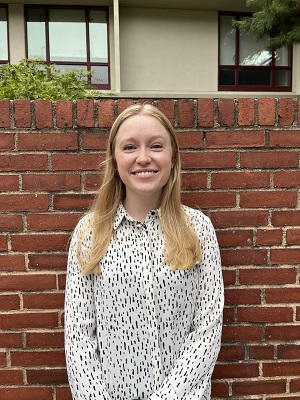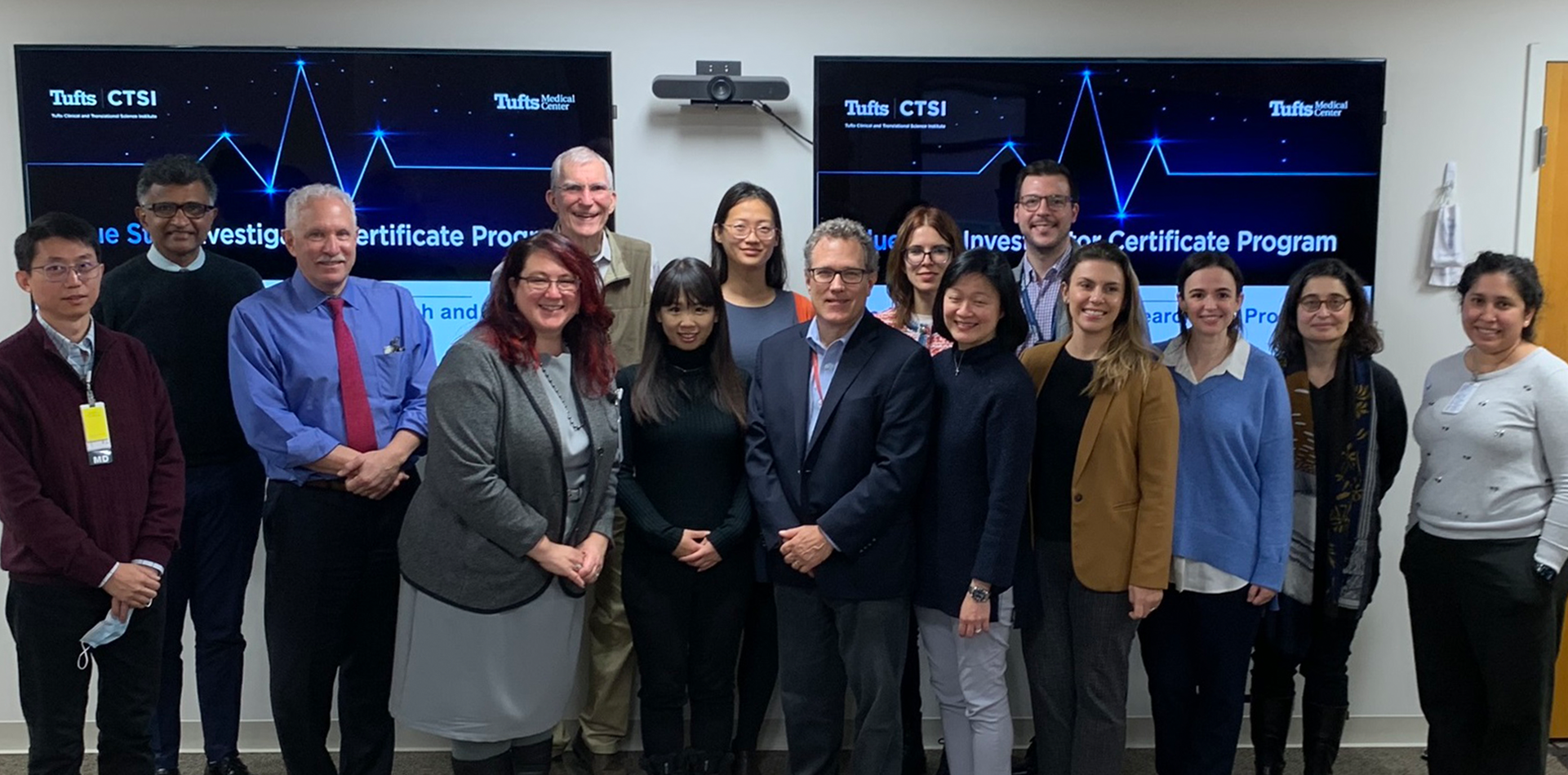Dr. Subbaraman’s field research in India focuses on identifying deficiencies across multiple points in the TB cascade of care to facilitate the development of patient-centered interventions. He is currently contributing to an evaluation of novel digital adherence technologies that have the potential to improve medication adherence in TB patients; this work is supported by the Bill & Melinda Gates Foundation. He is also investigating approaches for improving the outcomes and yield of active case-finding strategies for early detection of individuals with TB, with the support of a Doris Duke Clinical Scientist Development Award.
Since 2012, Dr. Subbaraman has also contributed to research on social and environmental determinants of health in urban slums in India, in collaboration with colleagues at PUKAR, an innovative research collective based in Mumbai. PUKAR uses community-based participatory research approaches to engage youth living in marginalized populations to study their communities and advocate for social change. PUKAR’s health-related field research has illuminated the adverse impacts of legal exclusion on health outcomes in non-notified slums in India through studies of nutrition, child immunization, mental health, and water access, among other issues. Dr. Subbaraman is currently a co-principal investigator on a grant from the Sociology Program at the National Science Foundation exploring how public policies impact the experience of health in Mumbai’s slum communities.



